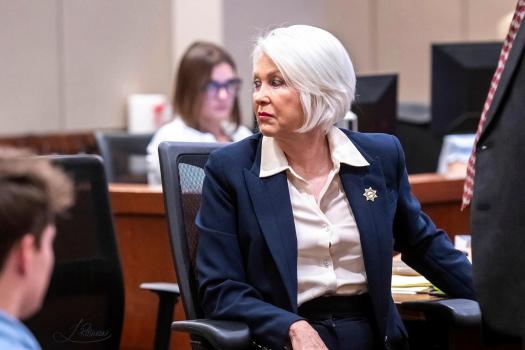Denver City Council Rejects License Plate Reader Contract: What It Means for Residents
Denver is at the center of an important debate on public safety and privacy. Recently, the Denver City Council made headlines after unanimously rejecting a proposed extension for the city's automated license plate reader program. This decision affects how technology is used in law enforcement and sparks new conversations among residents.

The Background: License Plate Readers in Denver
In early 2024, Denver introduced about 100 Flock-brand license plate readers at 70 key intersections across the city. These devices were initially part of a pilot program intended to help police reduce car thefts and track vehicles linked to crime. The automated license plate readers (ALPRs) would capture images of license plates, along with some vehicle details, and store the information in a database managed by Denver police for at least 30 days.
Why the City Council Said No
On May 5, 2025, the Denver City Council unanimously voted against expanding the contract for these readers. The decision followed Mayor Mike Johnston's administration withdrawing its support for the extension. Community concerns played a large role in this outcome.
Council members, along with many residents, worried that having more license plate readers across Denver could result in a mass-surveillance network. The potential for misuse of the collected data, especially by federal immigration agencies, was also a hot topic. If you want to know more about the council’s reasons and the debate, read the Denver Post article on the license plate reader contract rejection.
Community Voices and Public Safety
While the ALPR system has helped police recover stolen cars and identify vehicles associated with crime, the conversation in Denver has shifted. Citizens are increasingly concerned about privacy and government surveillance. The question now is whether the benefits to public safety outweigh the risks to personal privacy.
The devices themselves collect more than just license plate information—they can also detect a vehicle's make and model. Some fear this could allow for profiling or unintended data sharing between law enforcement agencies. For an in-depth look at the City Council's decision and community response, check out the full Axios Denver coverage.
What Happens Next for Denver?
For now, the existing cameras will remain until the end of the year. The city is not expanding usage, but it will gather more feedback from residents before making additional decisions. The mayor's administration also plans to assemble a task force to study the technology's future in Denver.
The current plan leaves many questions open—will Denver opt for new technology, revise privacy guidelines, or remove the cameras entirely? Residents and local leaders continue to discuss how best to balance safety and freedom.
Conclusion
Denver's decision to halt the expansion of license plate readers highlights the city's commitment to open dialogue on public safety and privacy. As technology evolves, residents can expect continued debate and review of how such systems are used. Stay informed and involved as Denver shapes the future of law enforcement technology and community safeguards.